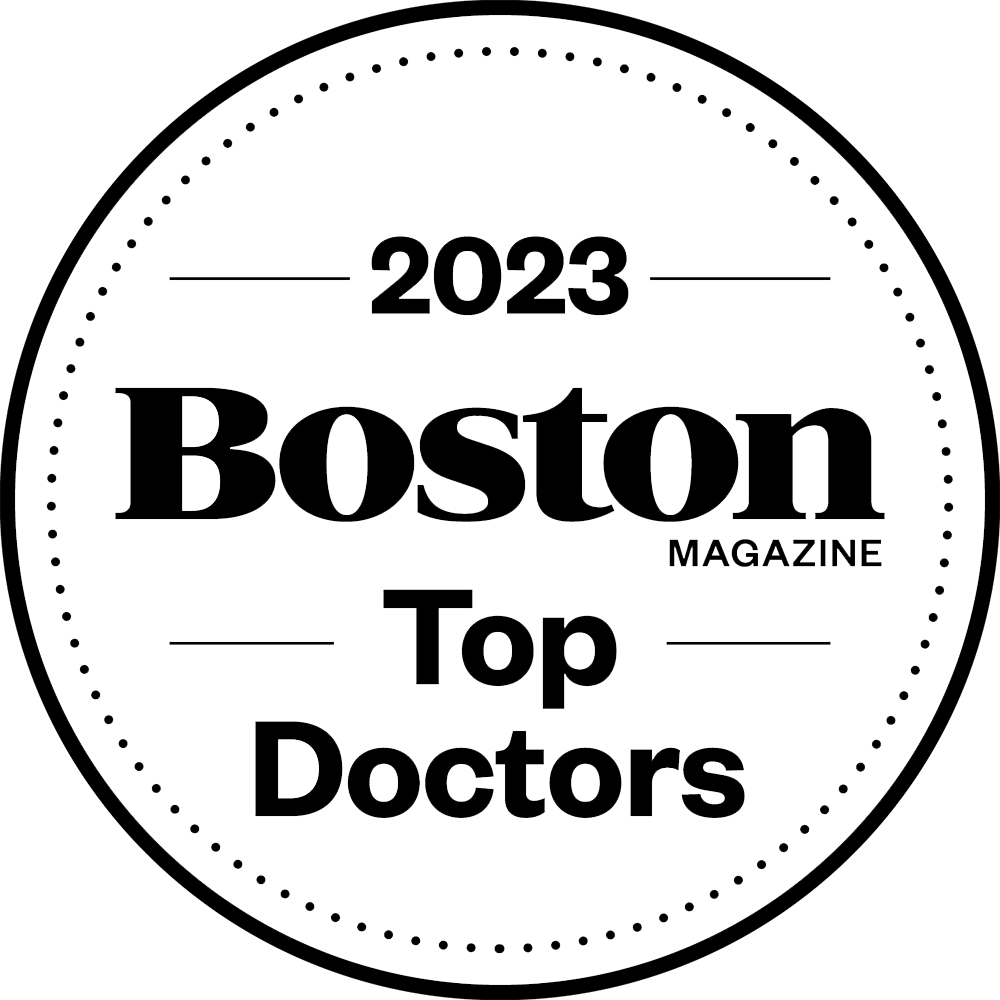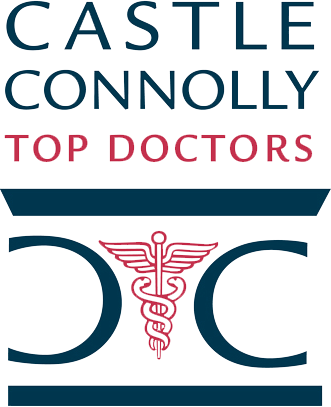Atypical hyperplasia is a precancerous condition affecting the cells in the breast. It’s a condition wherein abnormal cells collect within the milk ducts or lobules of the breasts, thus increasing the risk of breast cancer. It’s important to emphasize that atypical hyperplasia isn’t cancer, but it can lead to breast cancer. If you’ve been diagnosed with atypical hyperplasia, you must undergo advanced breast cancer screening to identify or prevent breast cancer. At New England Breast And Wellness we are ready to help if you’ve been diagnosed with atypical hyperplasia in Boston.

What is Atypical Hyperplasia
How Normal Cells
Turn into Cancer Cells
Cancer cells are abnormal or damaged cells that can grow uncontrollably and live outside the organ where they originated. Cancer cells occur when your normal cells are damaged. However, your normal cells aren’t damaged at once but rather in a series of “mistakes” on the path towards becoming cancerous. In most cases, the human body identifies and repairs the damages, but not always.
It’s also worth noting that all abnormal cells don’t become cancer cells. In some cases, cells that look abnormal still act normally. When performing a biopsy, the pathologist can’t tell which of the abnormal cells will become cancer cells — they can only determine that some cells look abnormal. It takes an incredibly experienced and talented pathologist to determine how far from normal a cell looks and how likely it is to become a cancer cell.
When looking for precancerous cells, the pathologist must consider how far from normal the cell looks. The greater the deviation from the norm, the greater the risk of genetic damage and cancer. Atypical hyperplasia is a precancerous condition marked by more cells or differently-shaped cells in the walls of the milk ducts or lobules. While atypical hyperplasia doesn’t automatically mean you have breast cancer, it does indicate that you have an increased risk. If you’ve been diagnosed with atypical hyperplasia in Boston or the surrounding areas, please schedule an appointment with us at New England Breast And Wellness.

Understanding Terms Related to Atypical Hyperplasia
Hyperplasia indicates that the walls of the milk ducts or lobules have more cells than normal, but those cells look normal. This doesn’t increase the risk of breast cancer.
Atypia indicates the cells look abnormal or different from normal cells. A diagnosis of atypia doesn’t mean you have cancer or pre-cancer — it’s more like pre-pre-cancer. Women with atypia have a 1% higher risk of breast cancer than those without.
Atypical hyperplasia indicates there are more cells than is considered normal (hyperplasia), and some of those cells look abnormal (atypia). Atypical hyperplasia doesn’t mean you have or will have breast cancer, but advanced screening is still necessary.
Atypical Ductal Hyperplasia (ADH) is a condition wherein the unusual cells are in the milk ducts. This increases the risk of breast cancer within the affected breast.
Atypical Lobular Hyperplasia (ALH) is a condition wherein the unusual cells are in the lobules. This increases the risk of breast cancer in both breasts.
Diagnosing Atypical Hyperplasia in Wellesley, MA
Dr. Katherina Calvillo is one of the leading breast cancer specialists and surgeons in Wellesley, with nearly 20 years of experience at Harvard and Dana Farber Cancer Institute. She understands that even the remotest possibility of breast cancer can be disconcerting, which is why she offers intimate, personalized care to support you through every step of the journey. She uses the latest techniques to investigate atypical hyperplasia in Boston and monitor the condition to minimize the risk of breast cancer.




